Key Takeaways
- Mosquito-repellent plants deter pests using natural scents and oils.
- They offer an eco-friendly and low-maintenance mosquito control solution.
- Crushing leaves and strategic placement boosts their effectiveness.
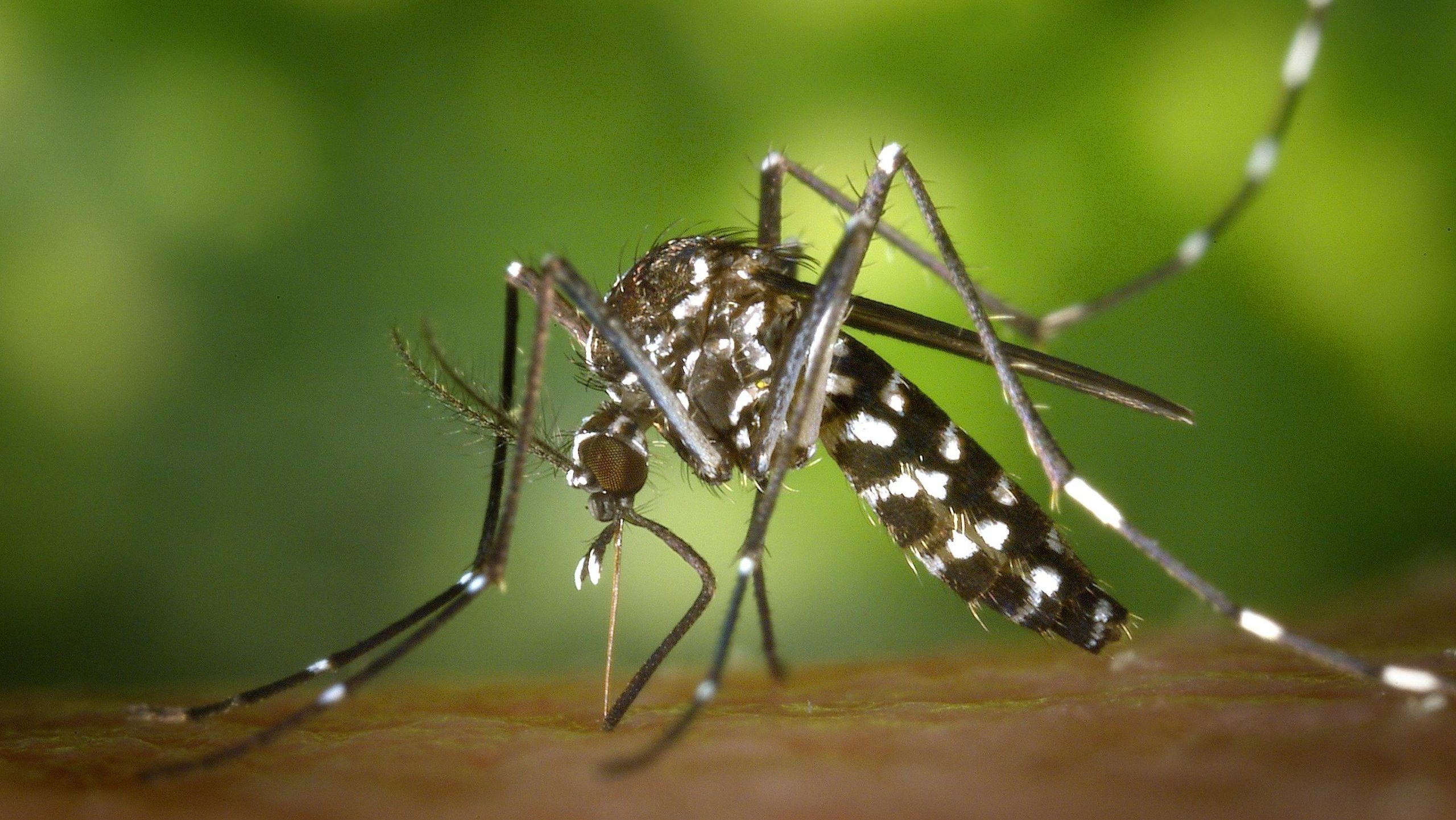 Mosquitoes are a trouble both inside and outside homes. They carry harmful diseases and disrupt outdoor enjoyment. While chemical mosquito repellents are a common choice, many people seek natural alternatives to keep mosquitoes away.
Using mosquito-repellent plants in your garden and home is an effective and eco-friendly solution. But which plants are the best to repel mosquitoes? Let’s explore the options and the science behind them.
Mosquitoes are a trouble both inside and outside homes. They carry harmful diseases and disrupt outdoor enjoyment. While chemical mosquito repellents are a common choice, many people seek natural alternatives to keep mosquitoes away.
Using mosquito-repellent plants in your garden and home is an effective and eco-friendly solution. But which plants are the best to repel mosquitoes? Let’s explore the options and the science behind them.
Top Plants that Repel Mosquitoes


Not getting a solution?
Get your free pest control estimate today! Marigolds
Marigold are vibrant orange and yellow bloom. Marigolds have pyrethrum, a natural insecticide that repels mosquitoes. They’re easy to grow in sunny spots with moderately fertile soil and make excellent companions in vegetable gardens, where they deter aphids and nematodes as well. Use marigolds as borders or plant them in pots near entryways to create a pest-free perimeter.
If you feel mosquito infestation has gone out of control, it is advised to contact pest control professionals. Our team can provide a customized approach to protect your home effectively. Get a Free Estimate today!
Marigolds
Marigold are vibrant orange and yellow bloom. Marigolds have pyrethrum, a natural insecticide that repels mosquitoes. They’re easy to grow in sunny spots with moderately fertile soil and make excellent companions in vegetable gardens, where they deter aphids and nematodes as well. Use marigolds as borders or plant them in pots near entryways to create a pest-free perimeter.
If you feel mosquito infestation has gone out of control, it is advised to contact pest control professionals. Our team can provide a customized approach to protect your home effectively. Get a Free Estimate today!
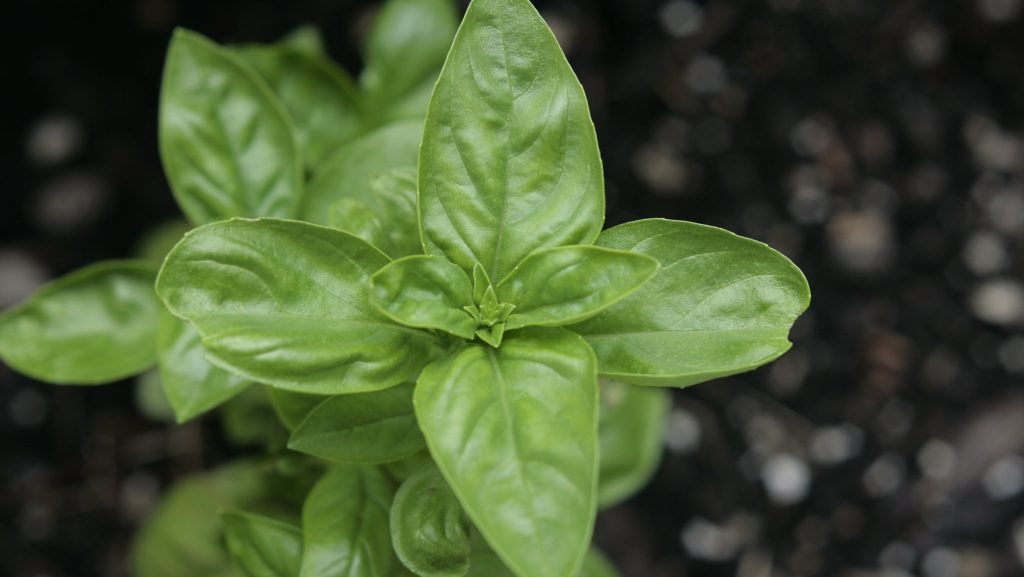 Basil
Basil isn’t just a culinary staple; it’s also a natural mosquito deterrent. Its strong, aromatic oils are particularly effective at keeping mosquitoes away. Basil thrives in warm temperatures and requires moist, well-drained soil to flourish. Consider growing it in pots near windows, doors, or outdoor dining areas for added protection. The versatility of basil makes it a practical and functional addition to any garden.
Basil
Basil isn’t just a culinary staple; it’s also a natural mosquito deterrent. Its strong, aromatic oils are particularly effective at keeping mosquitoes away. Basil thrives in warm temperatures and requires moist, well-drained soil to flourish. Consider growing it in pots near windows, doors, or outdoor dining areas for added protection. The versatility of basil makes it a practical and functional addition to any garden.
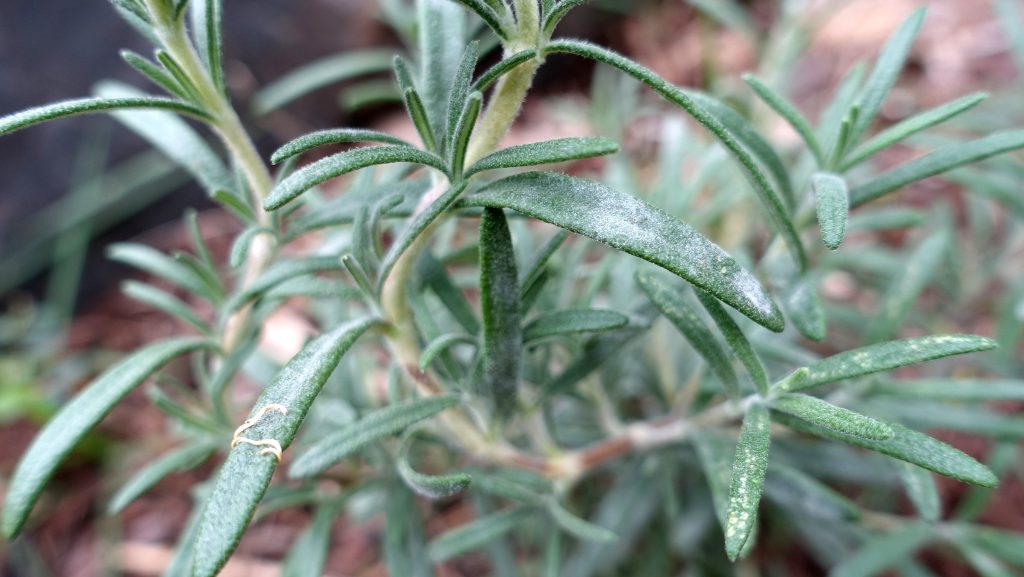 Rosemary
Rosemary’s woody fragrance is a deterrent for mosquitoes and other insects. It’s a drought-tolerant plant that grows well in sunny and dry conditions. It makes rosemary a low-maintenance option for gardens. Rosemary is also excellent for outdoor events; simply toss sprigs into a fire pit or barbecue grill to release its repellent properties into the air while adding flavor to your food.
Rosemary
Rosemary’s woody fragrance is a deterrent for mosquitoes and other insects. It’s a drought-tolerant plant that grows well in sunny and dry conditions. It makes rosemary a low-maintenance option for gardens. Rosemary is also excellent for outdoor events; simply toss sprigs into a fire pit or barbecue grill to release its repellent properties into the air while adding flavor to your food.
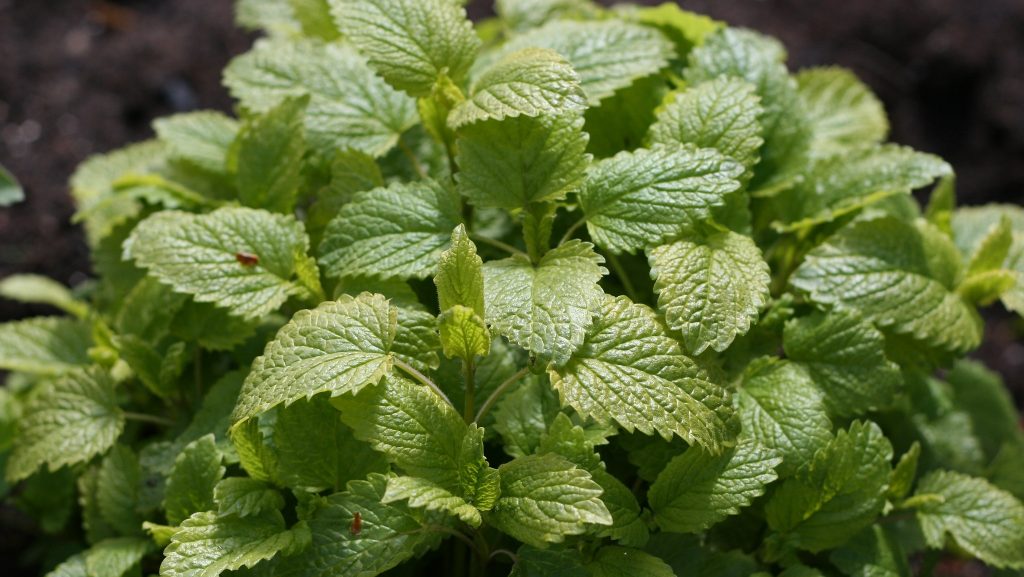 Lemon Balm
Part of the mint family, lemon balm emits a citrusy aroma that mosquitoes find unappealing. This fast-growing plant thrives in partial shade and moist soil, but it can spread aggressively if not contained. Lemon balm’s leaves can be crushed and rubbed on the skin for a quick, natural mosquito repellent. Lemon balm is versatile and easy to grow, making it a popular choice for gardens and patios.
Lemon Balm
Part of the mint family, lemon balm emits a citrusy aroma that mosquitoes find unappealing. This fast-growing plant thrives in partial shade and moist soil, but it can spread aggressively if not contained. Lemon balm’s leaves can be crushed and rubbed on the skin for a quick, natural mosquito repellent. Lemon balm is versatile and easy to grow, making it a popular choice for gardens and patios.
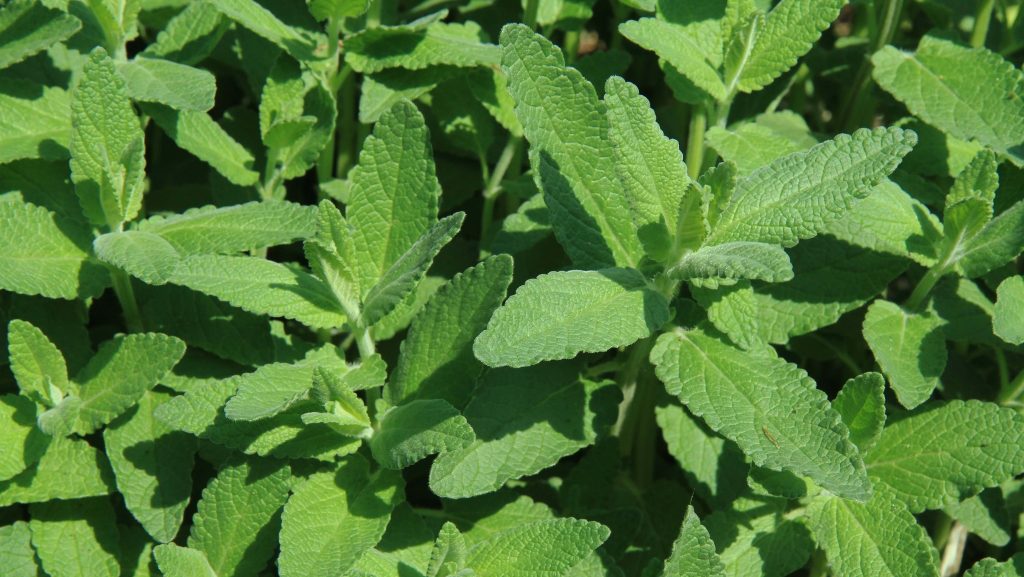 Catnip
Catnip is not only a treat for cats but also a powerful mosquito repellent. Studies have shown that nepetalactone, the active compound in catnip, is more effective than DEET in repelling mosquitoes. This hardy plant grows best in sunny, well-drained locations and requires minimal care. Plant catnip strategically in your garden or use its leaves to make a natural repellent spray.
Visit our Species, Control, and DIY Guide sections for additional resources on mosquitoes and ways to tackle a mosquito infestation.
Catnip
Catnip is not only a treat for cats but also a powerful mosquito repellent. Studies have shown that nepetalactone, the active compound in catnip, is more effective than DEET in repelling mosquitoes. This hardy plant grows best in sunny, well-drained locations and requires minimal care. Plant catnip strategically in your garden or use its leaves to make a natural repellent spray.
Visit our Species, Control, and DIY Guide sections for additional resources on mosquitoes and ways to tackle a mosquito infestation.
Benefits of Mosquito-Repellent Plants
-
Eco-Friendly Solution: Unlike chemical repellents, these plants are natural and safe for the environment.
-
Double Duty: Many mosquito-repellent plants, such as basil and rosemary, also serve as culinary herbs.
-
Enhanced Aesthetics: These plants add greenery and beauty to your garden while keeping pests away.
-
Cost-Effective: Once established, they require minimal upkeep compared to regular purchases of repellents.
Natural Mosquito Control Methods: Eco-Friendly Ways to Protect Your Home
Mosquitoes are not only annoying but also pose serious health risks, transmitting diseases like malaria, Zika, and dengue. Fortunately, natural mosquito control methods can help you reduce their presence without relying on harmful chemicals. By focusing on preventing breeding grounds, creating physical barriers, and encouraging natural predators, you can effectively manage mosquito populations around your home. 1. Eliminate Standing Water One of the most effective ways to control mosquitoes is to eliminate standing water, as this is where mosquitoes breed. Female mosquitoes lay their eggs in stagnant water, which provides the perfect environment for larvae to hatch and develop.Why It Works
-
Mosquito Life Cycle: Mosquitoes need standing water to lay their eggs, and the larvae require water to grow. Removing standing water halts the mosquito life cycle before it starts.
-
Prevents Breeding: Even small amounts of water like those in plant saucers or old tires can become breeding grounds. Eliminating these reduces mosquito populations.
How to Implement
-
Check Common Water Sources: Inspect areas like birdbaths, clogged gutters, flower pots, and containers that can collect water.
-
Empty Containers: Empty and refill birdbaths weekly and remove water from pots, buckets, and other containers.
-
Use Mosquito Dunks: In areas with standing water that can’t be emptied, apply mosquito dunks to kill larvae safely.
Why It Works
-
Disrupts Mosquito Flight: Mosquitoes have delicate wings and struggle to fly in light winds. Fans create air movement that disrupts their ability to land or hover.
-
Provides Comfort: Fans not only deter mosquitoes but also help cool the air, enhancing outdoor comfort.
How to Implement
-
Outdoor Fans: Place fans in common gathering areas like patios or decks, aimed at seating spots to block mosquitoes.
-
Portable Fans: Use battery-powered or rechargeable portable fans during picnics or barbecues to maintain airflow and deter mosquitoes.
Why It Works
-
Bats: Bats can eat thousands of mosquitoes in a single night, offering natural pest control when attracted to your yard.
-
Dragonflies: Dragonflies, also called “mosquito hawks,” eat both mosquito larvae and adults, reducing populations significantly.
-
Birds: Birds like swallows and purple martins feed on mosquitoes, making them useful for natural mosquito management.
How to Implement
-
Install Bat Houses: Place bat houses in quiet, shaded areas with nearby water to attract bats.
-
Encourage Dragonflies: Add a clean water feature like a pond with shallow areas to support dragonfly larvae and attract adults.
-
Create Bird Habitats: Install birdhouses and birdbaths, and plant native flora to welcome mosquito-eating birds.
Why It Works
-
Physical Barrier: Screens block mosquitoes from entering through open windows and doors, crucial due to their ability to pass through small gaps.
-
Comfortable Environment: Screens let you enjoy the fresh air without the nuisance of mosquitoes, especially during their peak activity times.
How to Implement
-
Install Mesh Screens: Ensure all doors and windows have tightly fitted, fine mesh screens to prevent mosquito entry.
-
Seal Gaps: Regularly inspect screens for any damage and repair even small holes or tears promptly.
-
Use Screen Doors: Add screen doors to outdoor areas like porches to provide extra mosquito protection.
Myths vs Facts
Here are a few myths and facts about plants that repel mosquitoes:| Myth | Fact |
|---|---|
| Plants repel mosquitoes just by being present. | Oils or crushed leaves are needed for effectiveness. |
| Lemon-scented plants eliminate all mosquitoes. | They only reduce mosquito activity. |
| Planting repellent plants makes your space mosquito-free. | Only the plant’s oils repel mosquitoes. |
| Essential oils from plants are always safe. | They can cause allergies or skin irritation. |
| Basil is more effective than chemical repellents. | DEET-based repellents are more effective. |





